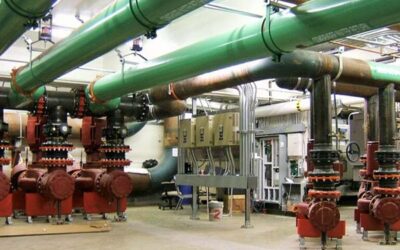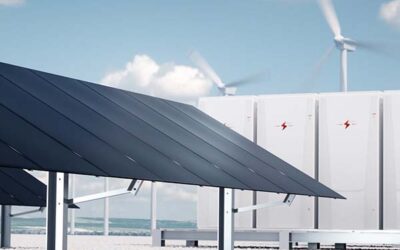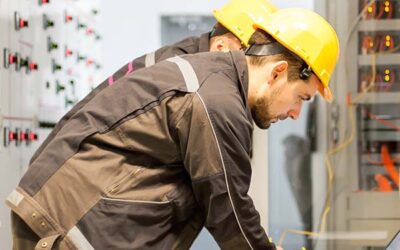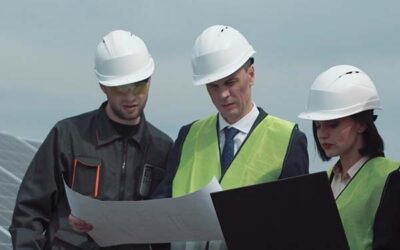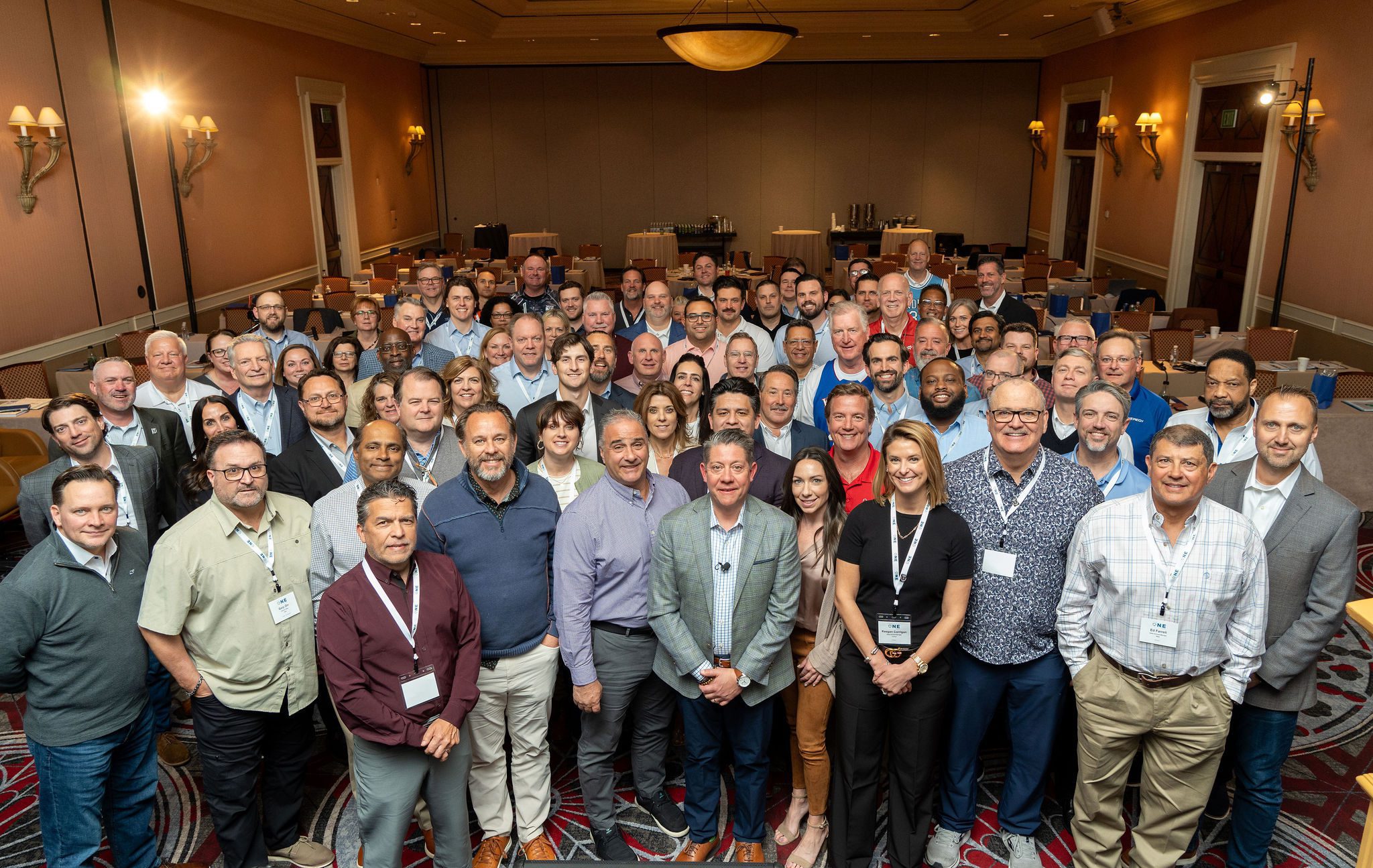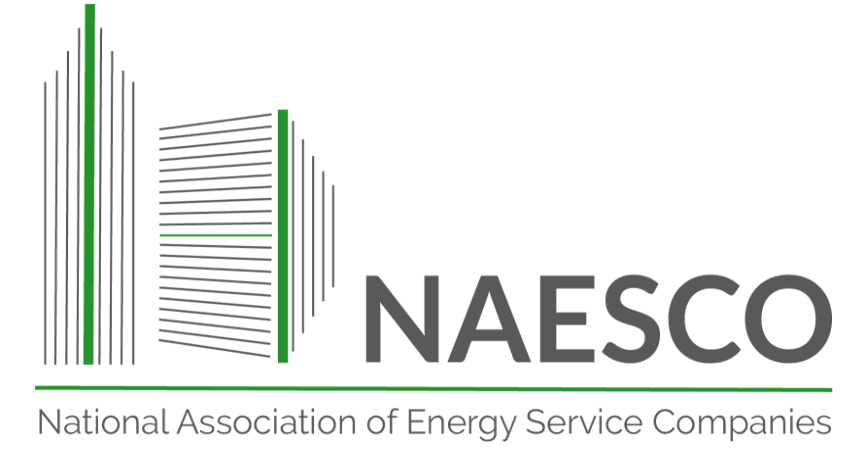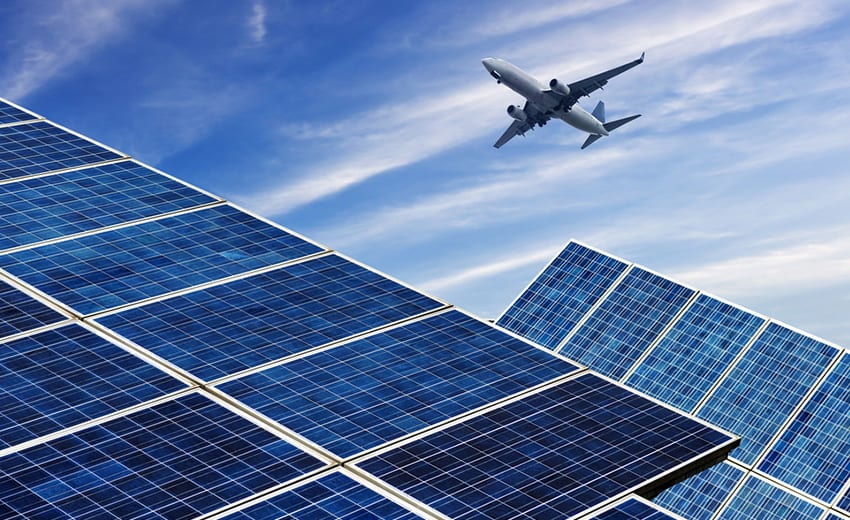The US Military is setting a strong example of building energy security on the installation-scale by employing more energy efficient systems, creating renewable energy generation sources, and building out energy storage on-base.
Three Best Kept “Secret” Energy Savings Programs for Manufacturers
Lawrence Berkeley National Laboratory recently concluded a study showing that the average cost of saving a kilowatt-hour of electricity was $.025. So, whether an industrial plant is paying $.05, $.10, or $.25/kWh, it makes a lot of sense to pursue energy efficiency opportunities.
What is Zero Net Energy?
Ultimately, your organization needs to make decisions that benefit the financial bottom line, and Zero Net Energy can be a great way to mitigate future energy costs. Choosing to build for Zero Net Energy can seem more expensive up front, but depending on conditions like climate and available space for solar, Zero Net Energy can be done for little or no additional cost.
Understanding Three Types of ASHRAE Audits and When You Need Them
The first level of ASHRAE energy audit is a simple audit, often called a preliminary or walkthrough audit. A Level 1 audit includes a basic on-site survey of your current energy usage and minimal interviews with key facility personnel. A simple audit also includes a review of past energy bills and other operational costs related to the overall energy usage.
How to Get a Job in Energy Efficiency
Following my graduation from the undergraduate mechanical engineering program at Carnegie Mellon, I was essentially told that the world was my oyster – carpe diem, go do things with your life now!


